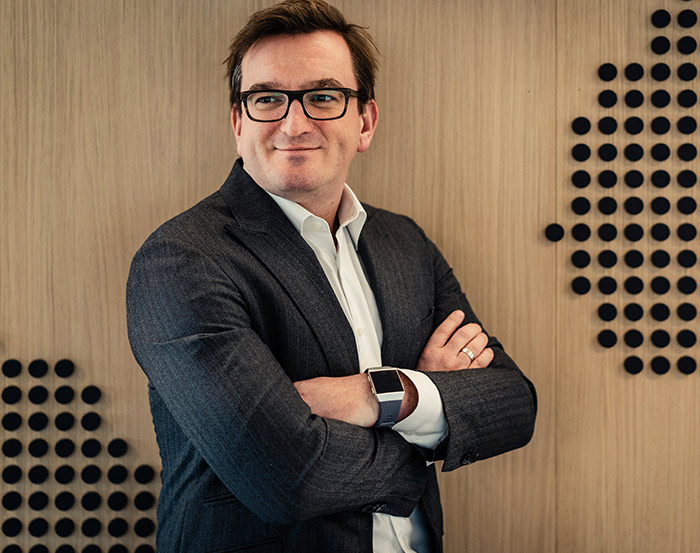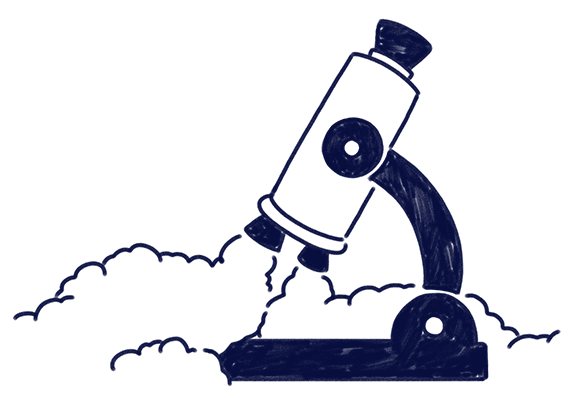Bart Van Acker:
At that time, it was. Of course, I wanted to do more, but I was only 30 years old. I didn't know how. For example, if you look at the network that I have nowadays... also, the complexity of the market has evolved. If you look at that time, a lot of, - for example, a big production facility of Pfizer in Puurs, who is now making a lot of the COVID vaccines, which is a tremendously complex production and manufacturing process, at that time they were making, like, genetics, on that side. They were just making very simple pills, putting them in a blister, in a package. And that was it. And at that time, that was about 90% of the production. In fact, life science was very simple, very, not that complex. And if you look at Okay, it was expected that, for example, so in gene therapy, when I was graduating, we were already thinking that certain gene therapy would be there very quickly. I think the complete genome was sequenced in '95. I was graduating 2003. So it was eight years later. And then already we were thinking okay, we have now sequenced the genome, we will probably be able to read that very quickly and start doing things with it. Now it's 25 years later, and it's still a big book with just letters. And we still do not understand everything that is that is in it. So it came a bit slower than I expected that the complexity of the sector, for example, if you see with with RNA and etc in cancer therapies, personalised cell therapies, all the field where we are working in, it's a very complex, fantastic environment and also I think that pushed us to another level. And where we were helping, very simple processes in the beginning, nowadays, we can help, we need to bring IDs record from ID to patients, so we can help complex products, therapies, medical devices, if you have an idea, and I want to bring it to the patient, it's a very long road ahead of you. And we can, with QbD, and the entire group can help you in every aspect of that thing. And that's, of course, something we couldn't do 10 years ago, and along the way we go towards that.


